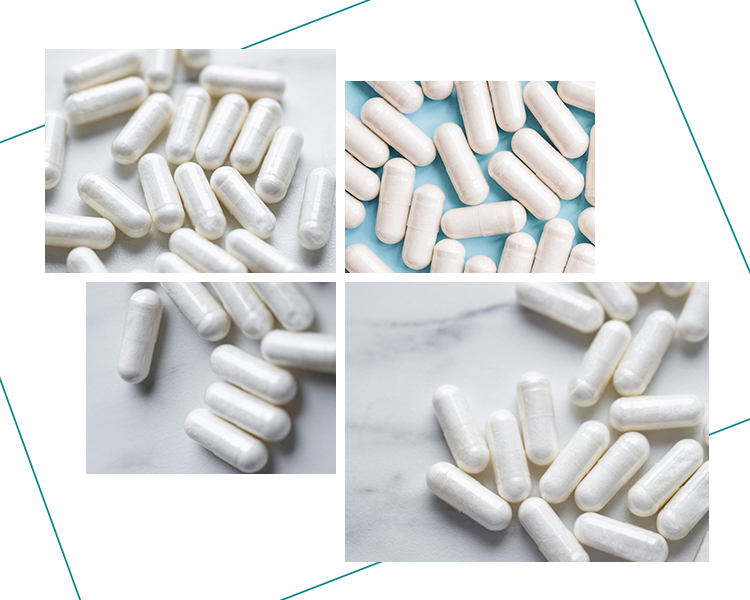5-HTP Capsules is a compound produced naturally in the body from the amino acid tryptophan. It is a precursor to serotonin, a neurotransmitter that plays a key role in mood regulation, sleep, and appetite. 5-HTP supplements are commonly used to boost serotonin levels and are available in capsule form. Here’s a general overview of the materials and methods involved in the production of 5-HTP capsules:
Materials of 5-HTP Capsules:
5-HTP: The primary ingredient, either extracted from the seeds of Griffonia simplicifolia, a plant native to West Africa, or synthesized in a laboratory.
Capsule Shell: Typically made from gelatin (derived from animal sources) or a vegetarian alternative such as cellulose or hydroxypropyl methylcellulose (HPMC).
Fillers/Bulking Agents: These may include substances like rice flour, magnesium stearate, or silica, which are added to ensure the proper filling of the capsule and to maintain consistency in dosage.
Optional Additives: Some formulations may include additional ingredients such as vitamin B6 or other nutrients that support serotonin synthesis and function.

Methods of 5-HTP Capsules:
Extraction or Synthesis of 5-HTP: Depending on the manufacturer, 5-HTP can be obtained through the extraction of the compound from the seeds of Griffonia simplicifolia or synthesized using chemical processes in a laboratory.
Quality Control: Manufacturers must ensure that the 5-HTP used meets quality standards, including purity and absence of contaminants.
Capsule Production: The capsule shells are typically manufactured separately using a process such as gel encapsulation. This involves forming the capsule shells from the chosen material.
Mixing: The 5-HTP powder is mixed with any fillers or additives as necessary to achieve the desired formulation and dosage.
Filling: The mixed powder is filled into the empty capsule shells using specialized equipment. Care must be taken to ensure accurate dosing.

Sealing: Once filled, the two halves of the capsule are joined together and sealed to prevent leakage or contamination.
Packaging: The filled and sealed capsules are then packaged in bottles or blister packs, often with appropriate labeling including dosage instructions and safety information.
Quality Assurance: Throughout the manufacturing process, quality control measures are implemented to ensure the consistency, purity, and safety of the final product.
It’s essential to note that specific methods and materials can vary between manufacturers, and it’s crucial to choose a reputable brand that follows good manufacturing practices and adheres to quality standards. Additionally, consulting a healthcare professional before starting any new supplement regimen is advisable, especially for individuals with underlying health conditions or those taking medication.
